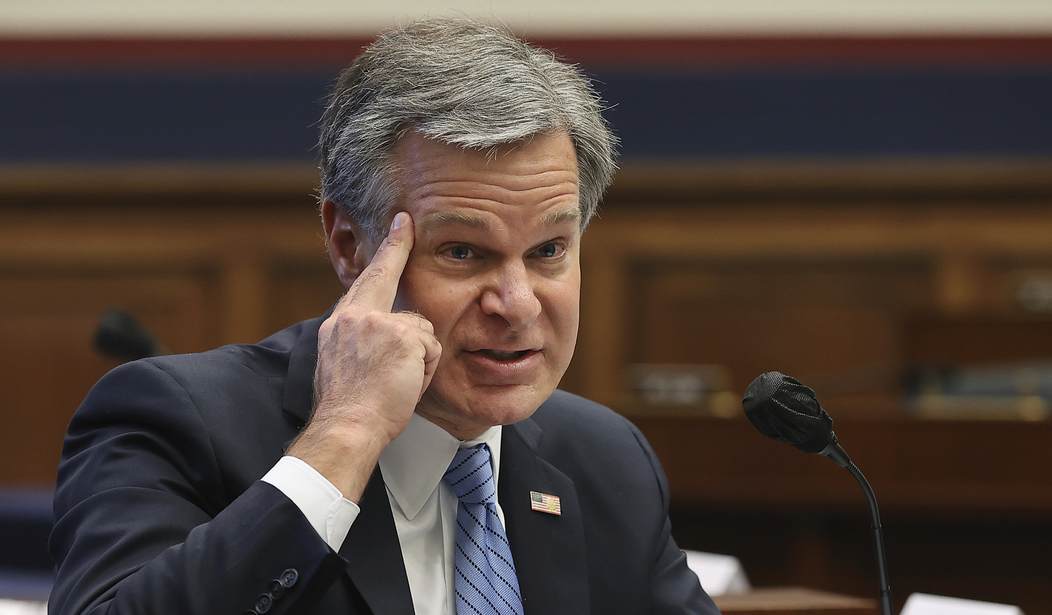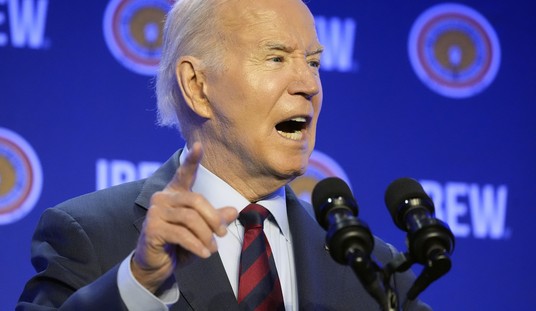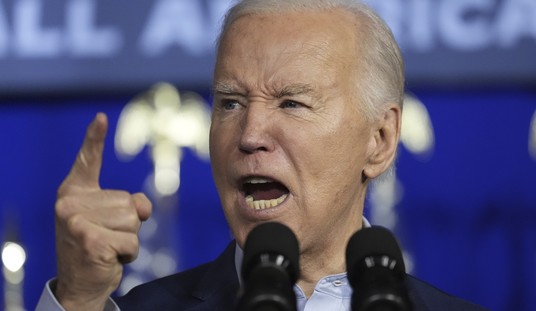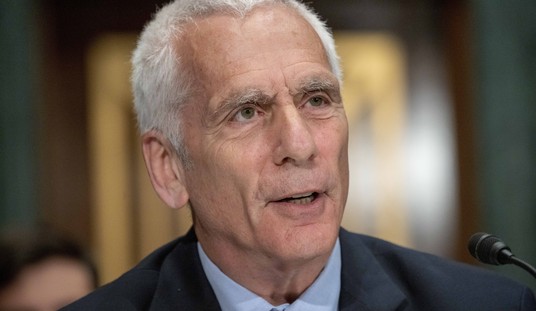Hyperpartisanship is not only dangerous because it causes people to view almost every issue through a political lens, but because it also empowers bad actors in the government to use their positions to abuse the citizenry. There are few better examples of this reality at play than the current hubbub over the FBI and Justice Department. In fact, law enforcement, in general, provides a helpful illustration of how our tendency to put party over principles only aids and abets government abuses.
Let’s take a look at the recent congressional hearings with FBI Director Christopher Wray. During the proceedings, Republican lawmakers grilled the official, questioning him about the Bureau targeting conservative Americans, carrying out politically-motivated investigations against former President Donald Trump, and other issues.
On the other hand, Democrats, who have previously had their own criticisms of the FBI, put on red capes and flew to Wray’s rescue, defending him at every turn.
I came across a piece written by columnist Stephen Collinson titled “How Trump turned the ‘law and order party’ into an enemy of the FBI,” in which he noted how the right has turned against the Bureau despite having revered it as the pinnacle of law enforcement in the past:
The power of Donald Trump pulsated through a Capitol Hill hearing Wednesday, as FBI Director Christopher Wray faced a Republican onslaught that showed how the ex-president turned Washington’s traditional loyalties upside down.
Trump’s allies – and GOP lawmakers who seemed to be trying to catch his eye – laid into the Trump-appointed Wray, portraying the bureau as a fully weaponized unit of the Biden administration that’s seeking to prevent Trump from returning to power and is dedicated to persecuting his conservative supporters. The Republican Party’s traditional reverence for law enforcement and backing of an agency long seen as one of the most conservative institutions in the federal government was forgotten. It was left to Democrats, who have often harbored their own suspicions of the FBI – over its treatment of the civil rights movement and during the war on terror – to come to Wray’s defense.
Conversely, those on the left often had sharp criticisms of the FBI given its sordid and corrupt history of targeting Americans based on political affiliation and other characteristics. They often point out the Bureau’s actions under the Counter Intelligence Program (COINTELPRO) when the agency went after civil rights leaders and organizations. But now that conservatives have changed their attitudes toward the FBI, Democrats have now become some of its most ardent defenders.
The reality is that the only reason why folks on the right, by and large, have turned on the FBI is because it has unfairly targeted Trump on multiple occasions. The only reason why folks on the left have become supporters of the FBI is because it has unfairly targeted Trump on multiple occasions. Attitudes on both sides are based almost purely on who people believe the agency is abusing.
The partisan divide extends beyond federal law enforcement agencies to local police departments as well, particularly in cases of alleged police brutality. Republicans tend to be swift in defending law enforcement officers when incidents of unjust shootings arise, while Democrats are quick to condemn them – especially when it involves a black victim that can be exploited for political purposes.
However, this dynamic shifted during the Jan. 6 riot at the Capitol when Ashli Babbitt, a Trump supporter, was shot and killed by a Capitol police officer. Suddenly, leftists found themselves taking the “Back the Blue” position while Republicans rightly condemned the shooting. This partisan reversal highlights the unsettling fact that political allegiance often takes precedence over consistent principles when it comes to issues of law enforcement and justice.
The danger of this partisan divide in opinions on law enforcement becomes particularly apparent when it comes to issues of police misconduct. If public opinion is swayed solely by political affiliation, it creates an environment where law enforcement agencies can abuse their authority without facing widespread scrutiny. After all, if corrupt governments know only half the population will care if they mistreat citizens, why wouldn’t to do so with impunity?
Agencies may exploit the fact that a significant portion of the population will overlook or dismiss any misconduct simply because it aligns with their political leanings. This hinders efforts to hold law enforcement accountable and undermines the pursuit of justice for all individuals, regardless of their political beliefs.
Of course, this toxic hyperpartisanship doesn’t only empower corruption in government when it comes to law enforcement. It translates into nearly every area of the state. In this current era, we seem to only be concerned about government malfeasance when it is a member of the opposite party engaging in it. If this continues, there is no telling how much more powerful and wicked the state will become.













